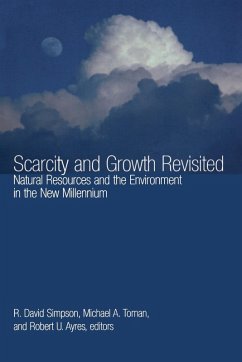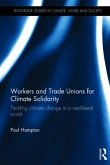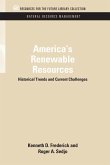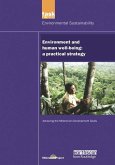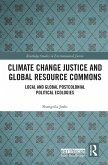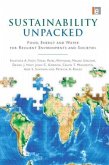In this volume, a group of distinguished international scholars provides a fresh investigation of the most fundamental issues involved in our dependence on natural resources. In Scarcity and Growth (1963) and Scarcity and Growth Reconsidered (1979), researchers considered the long-term implications of resource scarcity for economic growth and human well-being. Scarcity and Growth Revisited examines these implications with 25 years of new learning and experience. It finds that concerns about resource scarcity have changed in essential ways. In contrast with the earlier preoccupation with the adequacy of fuel, mineral, and agricultural resources and the efficiency by which they are allocated, the greatest concern today is about the Earth's limited capacity to handle the environmental consequences of resource extraction and use. Opinion among scholars is divided on the ability of technological innovation to ameliorate this "new scarcity." However, even the book's more optimistic authors agree that the problems will not be successfully overcome without significant advances in the legal, financial and other social institutions that protect the environment and support technical innovation. Scarcity and Growth Revisited incorporates expert perspectives from the physical and life sciences, as well as economics. It includes issues confronting the developing world as well as advanced industrialized societies.

